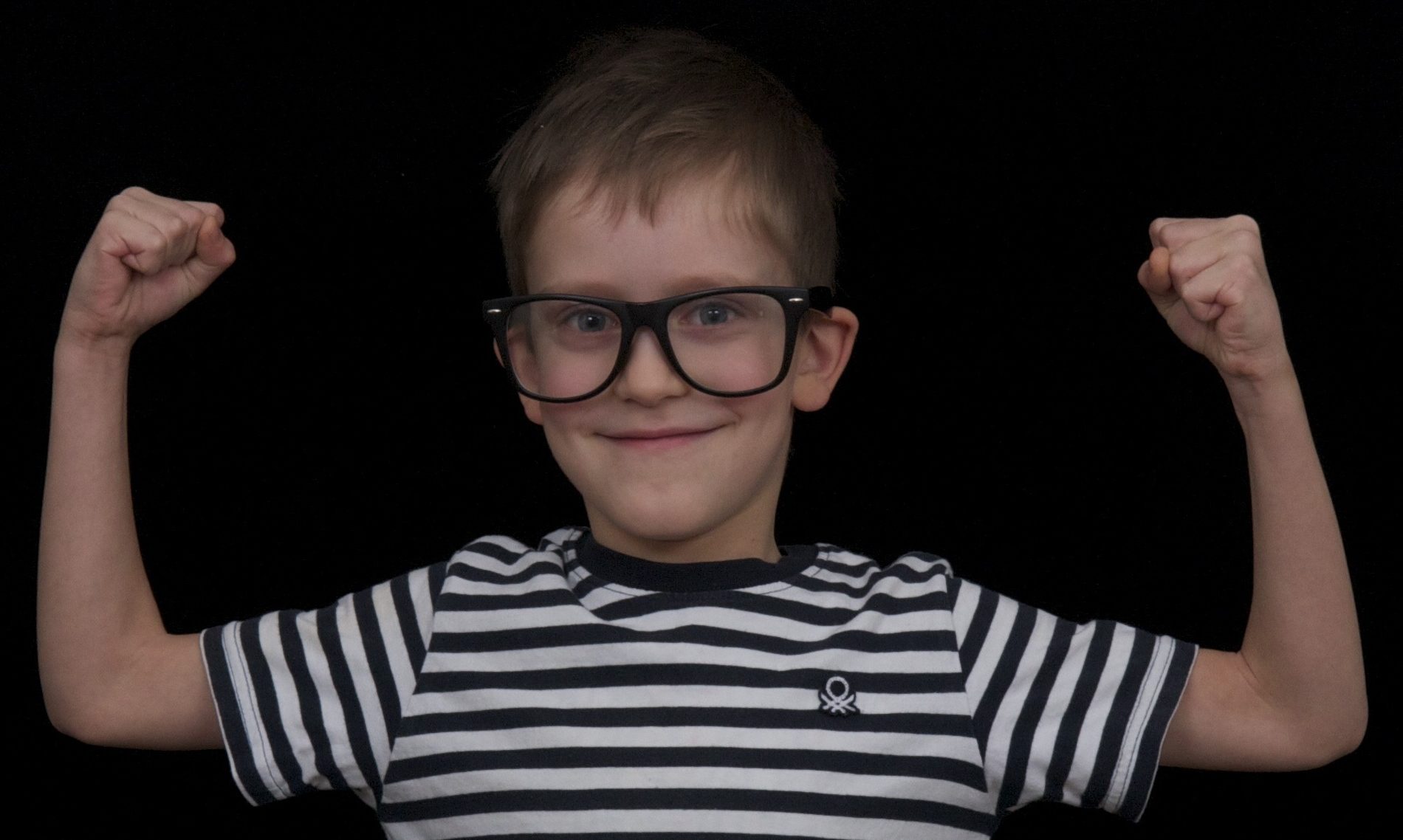
Why do children need eye exams?
Over 80% of all learning in a child’s early years is done through the sense of sight! Children often do not complain that their vision in one or both eyes is a problem because they either simply don’t realize what they aren’t seeing, or they find ways to compensate for the deficiency. Vision is a complex process and impairments can have a great effect on a child’s ability to learn and succeed.
In 2007, Illinois passed a law that required all entering kindergartners to have a complete eye exam by an optometrist or ophthalmologist. It has been found that about 1 in 4 children have an undiagnosed vision impairment that can impact their abilities in the classroom. These problems can cause delays academically as well as behaviorally. Early intervention is crucial to improving the quality of a child’s eyesight and their successes in school and life.
What is evaluated during a comprehensive eye exam?
While screenings at school and in the pediatrician’s office can show significant vision impairments, a thorough eye exam by an optometrist can show concerns that would often be missed during a simple screening.
Visual Acuity: It is important to test how clearly a child is able to see at all distances with each eye. If a child sees clearly with one eye and poorly with the other, their condition can be masked as the “good” eye compensates for the compromised eye.
Eye Alignment and Movements: During the course of a comprehensive eye examination, an eye doctor will test how the eye muscles work together. This is important in checking how children are able to read, draw, and play.
Depth Perception: Using both eyes together is important in reading, playing, and so many other visual processes. Evaluating how the eyes move together as well as examining how the eyes perceive images together is an important step of the eye exam.
Color Vision: Children with color deficiencies often don’t know that the way they perceive shades of color is different from what others will interpret.
Refraction: Young children have very accommodating eyes that allow them to compensate for vision problems that older kids and adults cannot. Therefore, even if a child appears to see clearly, it is important to check that they do not have an uncorrected prescription for glasses that is causing their eyes to work harder than they should.
Eye Health: There are many components of a thorough eye exam that rate the health of the eye. It is important to check the ocular pressures and check the health of the exterior surface of the eyes of children. This can show significant irregularities as well as more common complaints like environmental allergies that affect the eyes.
The equipment that is used in our office is very gentle and our staff is wonderful. Kids often have fun during their exam!
Another critical step during a comprehensive eye exam is the evaluation of the inside of the eye. In our office, we are able to take photographs that do not cause any discomfort or lasting side effects. Using eye drops to test eye health is a secondary choice in our office.